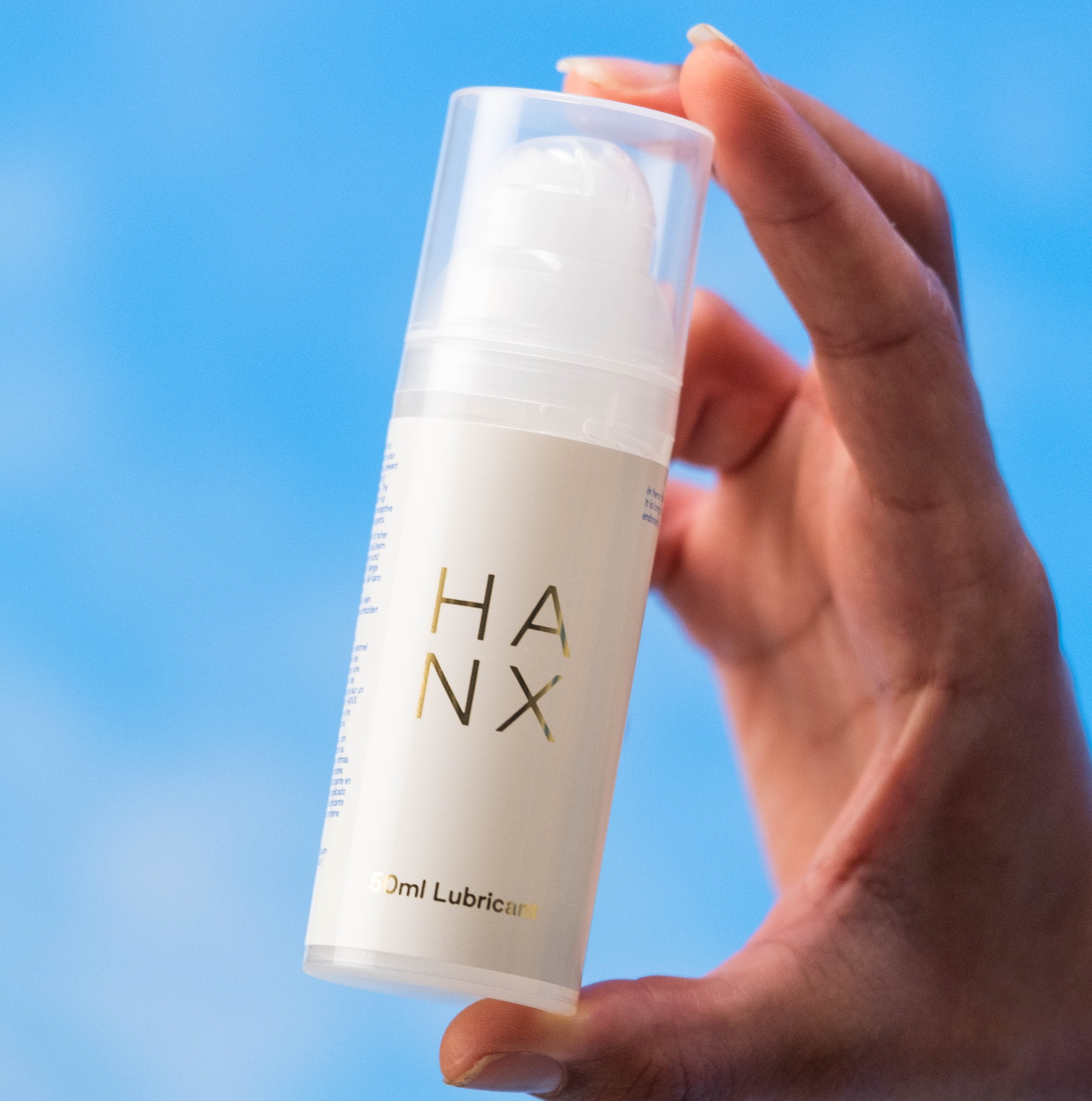Debunking Myths About Weight Management Medication
Weight loss medication has been hitting headlines lately, and with that comes a lot of confusion. As these GLP-1 medications including Wegovy (semaglutide) and Mounjaro (tirzepatide) gain popularity, it's time to separate fact from fiction. Let's dive into some common myths and uncover the truth behind these innovative weight loss medications.
Myth #1: "It's just a lazy person's quick fix."
Reality: while GLP-1 receptor agonists can be powerful tools to support weight loss, they're not magic wands. These medications work by mimicking a hormone that regulates appetite and glucose metabolism. However, they're most effective when combined with lifestyle changes on a long-term basis. In fact, studies show that patients who couple these medications with a balanced diet and regular exercise achieve the best results. These medicines work best in conjunction with a reduced calorie diet and increased exercise, which is closely monitored by a prescribing pharmacist. So, no lounging on the couch eating Maccy’s, hoping for a quick fix – you still have to put in the work!
Myth #2: "Once you start, you can never stop"
Truth: whilst they are designed for a longterm, sustainable progress, you can stop taking weight management medication any time you like. Whilst some patients may experience weight regain after discontinuation, it's not universal. A 2022 study in the New England Journal of Medicine found that about two-thirds of weight loss was maintained a year after stopping semaglutide, especially when combined with ongoing lifestyle interventions. The key is developing sustainable habits when taking weight management medication.
Myth #3: "They turn you into a size 6 overnight"
Fact: this is fiction. Whilst the dramatic headlines suggest weight management medications offer rapid, dramatic weight loss, the reality is a little less tabloid. Weight loss with these medications is a gradual process. Clinical trials show an average weight loss of 15-20% over 68 weeks with semaglutide, and up to 22.5% with tirzepatide.* Taking weight management medication is a marathon not a sprint, and as we’ve emphasised, part of a holistic, longer-term focus on your health goals.
Myth #4: "They're basically steroids"
Science says: Not even close! GLP-1 receptor agonists are peptide hormones that mimic the action of naturally occurring glucagon-like peptide-1. They're not anabolic steroids and work through entirely different mechanisms to affect metabolism and appetite. Think of them more as a support for your body's natural appetite control. For instance, if you’re struggling with food noise or constant cravings, Wegovy and Mounjaro** can be a real support in managing this.
Myth #5: "They mess with your birth control"
The scoop: don’t ditch your condoms. There's emerging evidence*** that GLP-1 agonists might affect the absorption of oral hormonal contraceptives due to delayed gastric emptying (and if you’re experiencing nausea or vomiting, this might compromise effectiveness of your pill, too). While more research is needed, the MRHA (Medicines and Healthcare products Regulatory Agency) advises that you should consider using additional barrier contraceptive methods, such as condoms, especially when starting or increasing doses of these medications to avoid pregnancy - and of course, protect against sexually transmitted infections. Better safe than surprised!
Myth #6: "Only celebrities can afford them"
Reality check: While these medications can be pricey, they're not just for the Hollywood elite. A 2023 cost-effectiveness analysis suggested that semaglutide could be cost-effective for treating obesity, especially when considering long-term health benefits and reduced healthcare costs associated with obesity-related conditions. With weight management programme at HANX starting at just over £100, it’s pretty purse friendly compared to the average A Lister lifestyle. For example (and fun), one of London’s most expensive gym chains costs £200+ a month PLUS a £200 introductory fee, alongside a boujis food box delivery at £300 a month and several thousand pounds a month on a personal trainer. We know which fits our budget…
Myth #7: "You're taking away medicine from diabetic people who need it"
The truth: okay, let’s tackle the most-cited criticism when it comes to weight management medication. In essence, this argument oversimplifies a complex situation. There have been shortages of GLP-1 receptor agonists prescribed for diabetes in the past, when Ozempic was being prescribed off licence for weight loss. With the launch of Wegovy (Sep 2023), which is a GLP-1 medication licensed for weight loss alone, and Mounjaro (Feb 2024), which is licensed for weight loss and diabetes, this problem is easing.
Rather than pitting patient groups against each other, the increased demand is driving expanded production and potentially spurring development of new treatments that could benefit everyone in the long run. In fact, a recent feature in the Economist explored the emerging research into benefits of weight loss drugs for treating diseases of the heart, liver, kidneys and beyond. The healthcare system aims to meet the needs of all patients, and with ongoing efforts to increase supply, both groups should be able to access the medications they need.
Myth #8: "You'll be miserable and nauseous 24/7"
The real deal: Gastrointestinal side effects are common but usually transient. A meta-analysis of clinical trials found that nausea occurred in about 40% of patients on semaglutide, but only 4.5% discontinued treatment due to adverse events. For most people, side effects subside as the body adjusts to the medication.
The Bottom Line:
As more and more celebrities including Oprah speak openly about the benefits of weight loss medication in their own health journeys, we hope to see less tabloid-tastic headlines promoting stereotypes and myths around weight loss medication.
Whilst they aren’t for everyone, we know that weight management medication has been really helpful for many who need support with making positive progress in their health journey. Ultimately, however, Wegovy or Mounjaro aren’t magic bullets. They’re powerful tools that, when combined with lifestyle modifications including low calorie diets and increased exercise, can lead to substantial and sustained weight loss. As with any medical treatment, it's crucial to discuss the potential benefits and risks with your healthcare provider - and try to avoid getting swept up in gossip.
*Tirzepatide Once Weekly for the Treatment of Obesity, The New England Journal Of Medicine, 2022.
**Two-year effect of semaglutide 2.4 mg on control of eating in adults with overweight/obesity: STEP, 2023.
*** The impact of tirzepatide and glucagon-like peptide 1 receptor agonists on oral hormonal contraception, 2024
Want more?
- Weight management treatments aren’t an ‘easy option’. Learn all about the potential side effects here.
- 50% of women experience menopausal weight gain - here’s why.
- Find out all about the weight management programme at HANX, including pricing structure. Ready to take the first steps? Start your consultation.






















